Insecticides are essential to apply regularly to protect your plants from harmful insects, so it is important to buy some for future use. However, you may end up with more than you need. Do insecticides have an expiration date? We will tackle that question in this article.
Insecticides do expire, even though the package might not indicate an expiration date. Every chemical undergoes changes over time and may become crystallized. We advise you not to use old or expired insecticides on your plants. The effectiveness is not guaranteed, and it could even harm your plants.
Can you use old insecticides on your plants? How do you store insecticides to prolong their shelf life? Please continue reading to learn more about insecticides and pesticides, because we collected useful information for you.
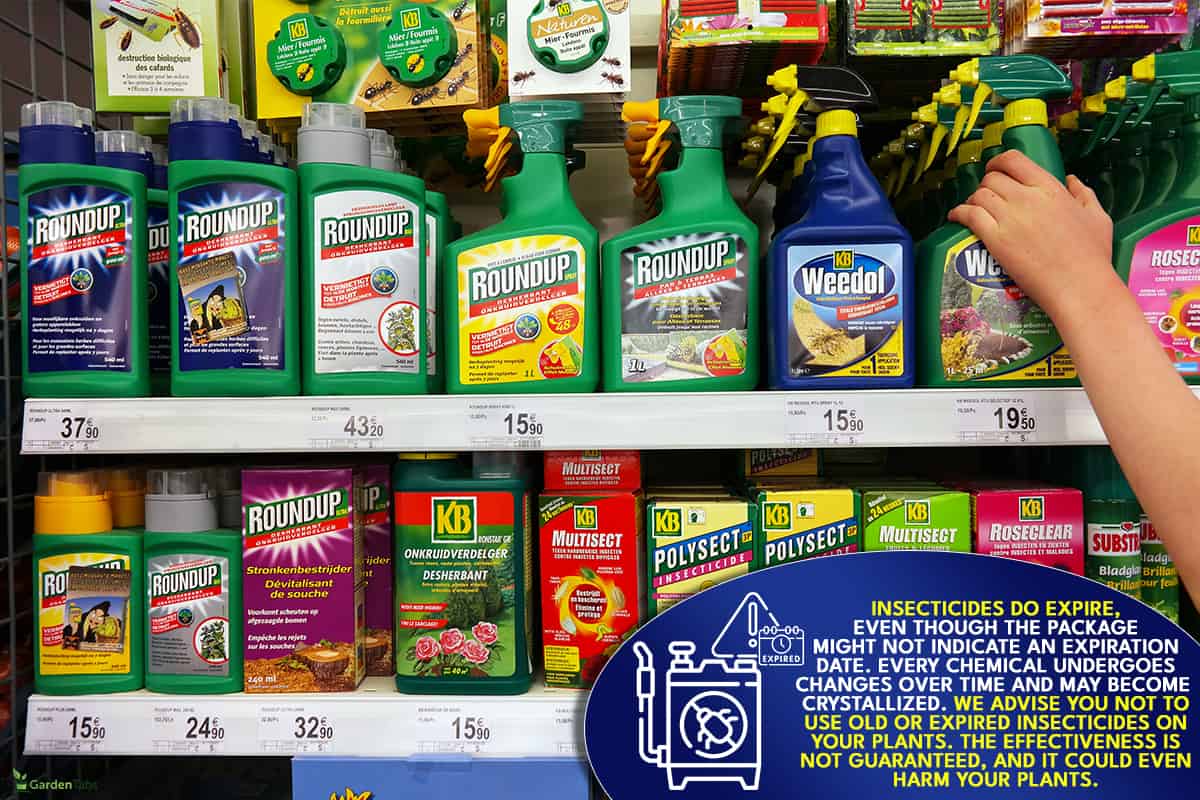
Can You Use Old Insecticides And Pesticides?
You should not use old chemicals or any garden products that are two years old or more, because they may do more harm than good to your plants, or they could be ineffective.
If you wish to prolong the shelf life of your insecticides and pesticides, store them in a dry location free from extreme heat and cold. These chemicals do degrade over time, and you should label them with the date when you purchase them.
Where To Store Insecticides?
Store insecticides in a room with a temperature above 40 degrees Fahrenheit. Low temperatures will freeze liquids and will cause breakage to glass containers. Always refer to the package label for storage recommendations.
How Do You Know The Shelf Life Of Pesticides?
The pesticide's shelf life depends on its formulation, storage conditions, and container type. As a general rule, any unopened pesticide container stored at a moderate temperature could remain effective for two to five years.
Should You Use Chemical Insecticides On Your Plants?
There are things to consider if you choose to use chemical insecticides.
- Check the label for the proper chemical you need for your plants. Ensure that the insecticide can work on the pest you are removing from your plants.
- Ensure that the insecticides can only kill pests and will not harm your plants.
- Follow the direction on the packaging. Learn how to use the insecticides, how much you should use, and how often to use them.
- Do not use pesticides on hot, windy days. Using chemicals during hot weather has a risk of damaging plants.
- Make a barrier around the plant you are targeting to protect other plants surrounding it.
How Do Insecticides Work?
Insecticides protect plants from damage caused by insects by killing them or preventing them from coming close to the plants. Most insecticides attack the insect's nervous system, while some act as endotoxins or growth regulators.
What Are The Insecticides Types And What Do They Do?
There are many types of insecticides you can use to protect your plants. Listed below are some of the primary components of insecticide:
Neem
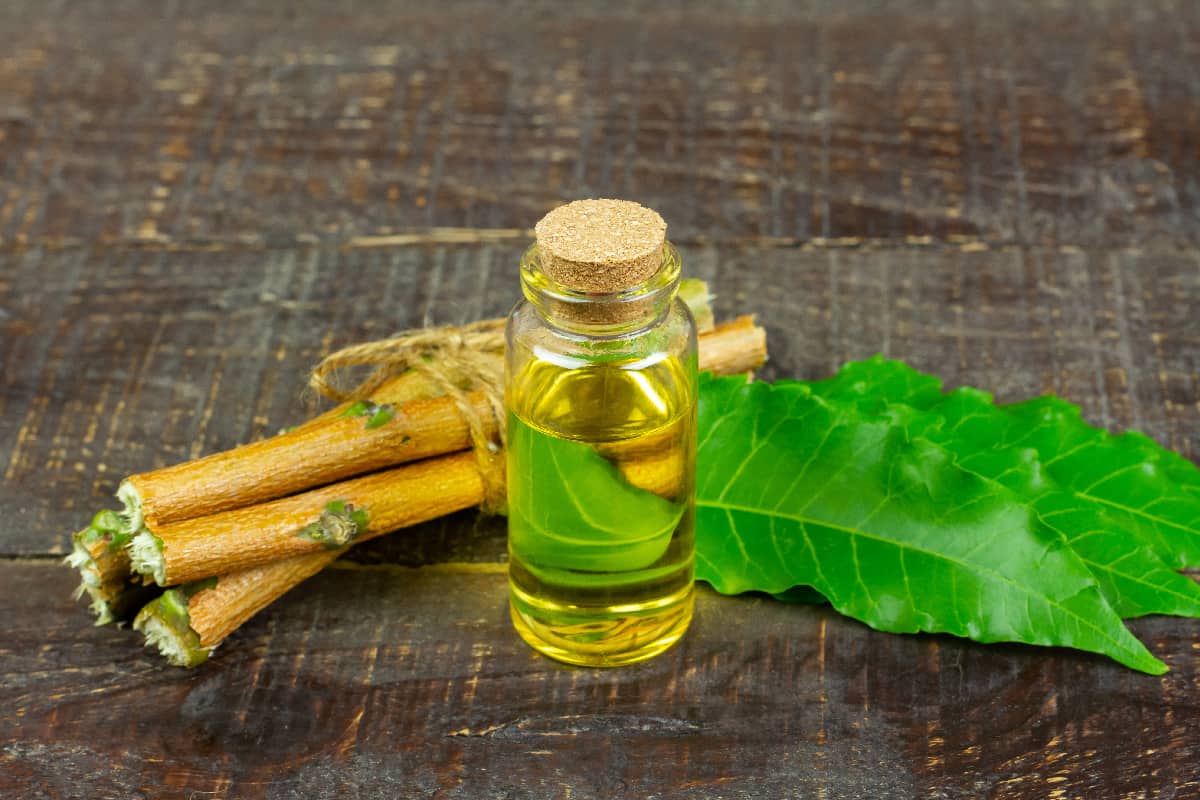
Neem comes from a neem plant or seed. It disrupts molting and reduces feeding. Insecticides with neem are effective against butterfly larvae and moths.
Limonene
Limonene is commonly used to control lice, mice, fleas, and ticks. It is slightly toxic to fish but non-toxic to warm-blooded animals. Limonene is a major component in the oil of citrus fruit.
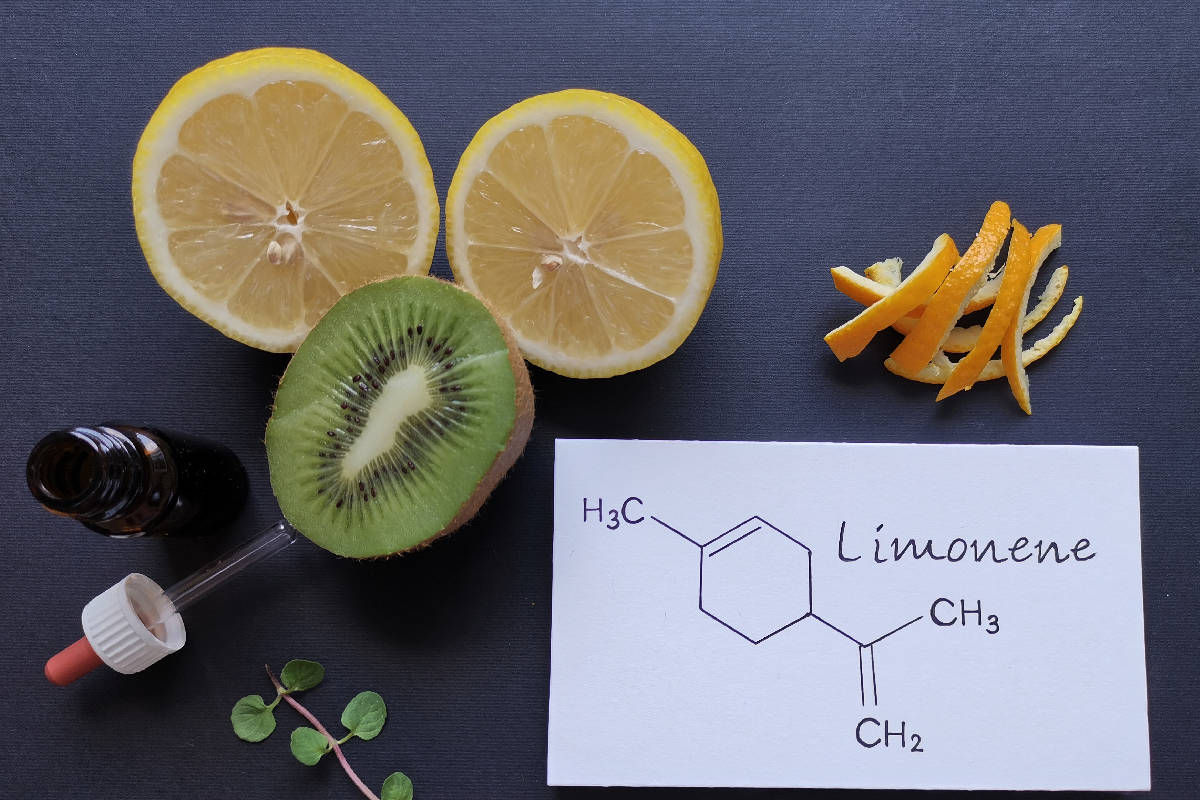
Nicotine
Nicotine is used to control caterpillars and aphids. This is a plant alkaloid found in tobacco plants; a primary component of cigarettes.
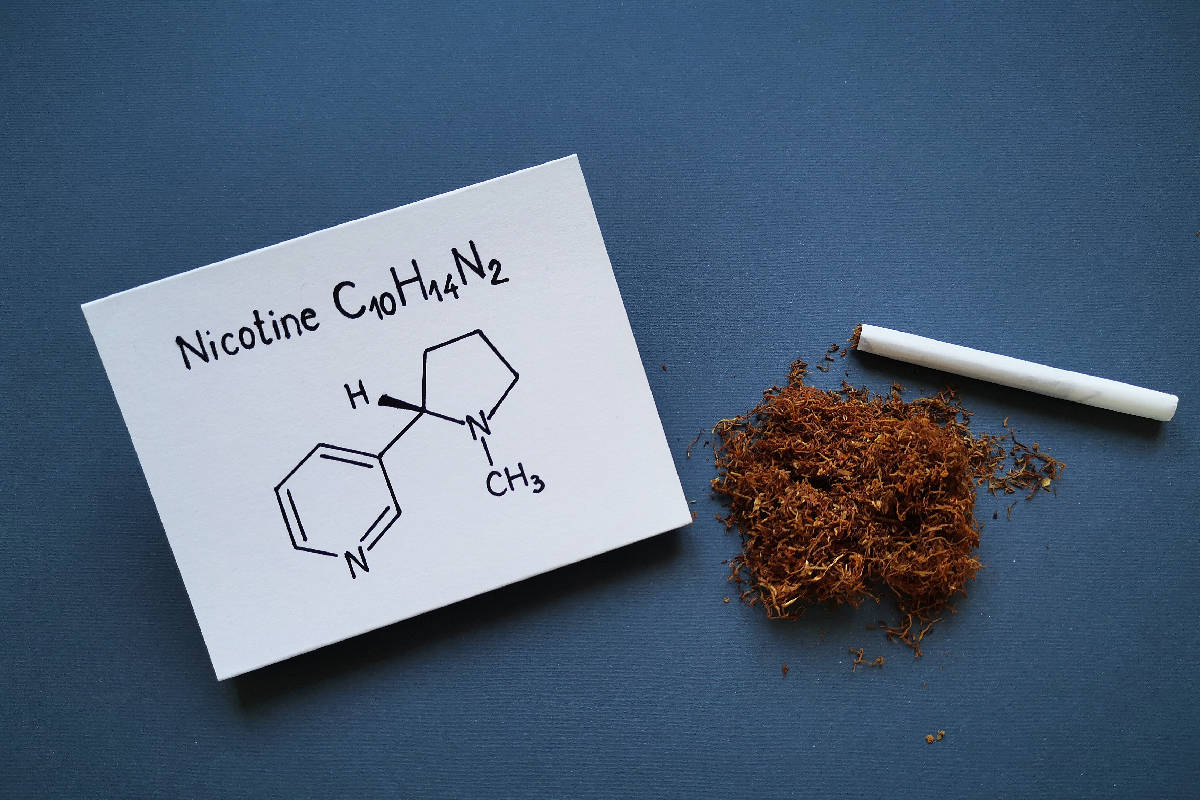
Pyrethrum
Pyrethrum is a hazardous chemical but effective in controlling lice.
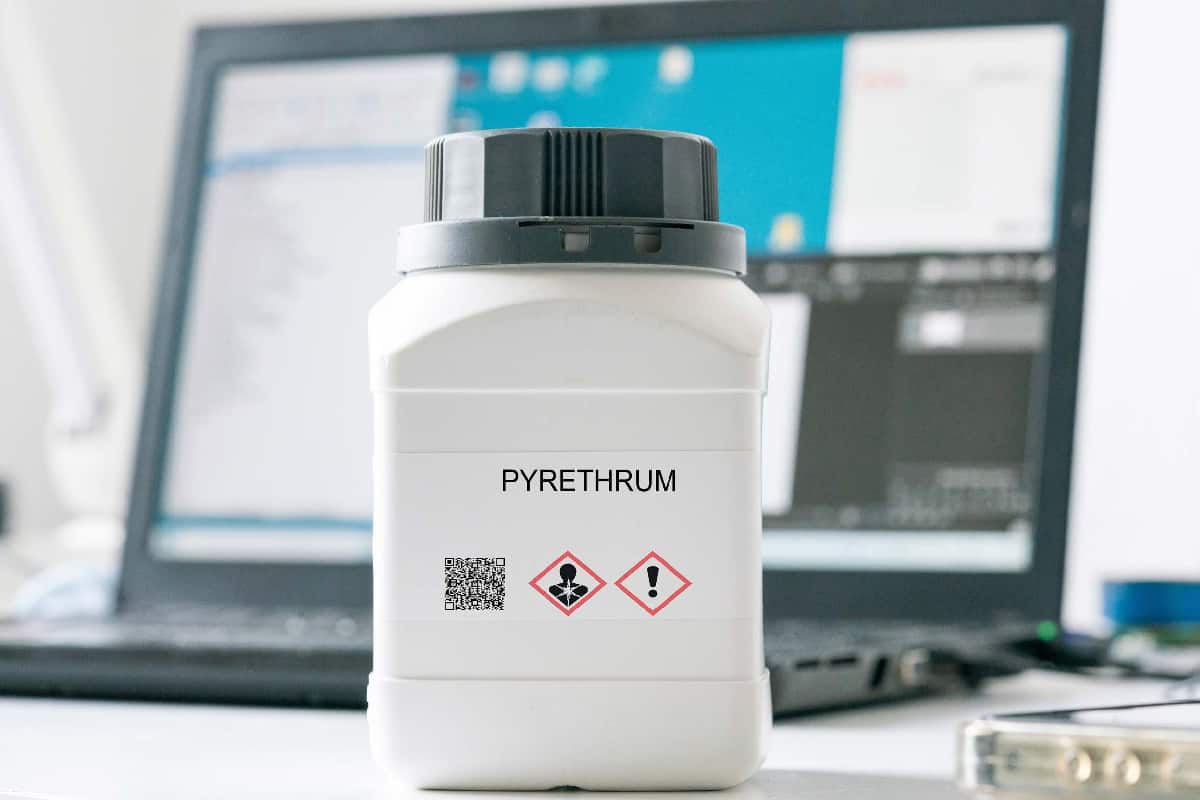
Pyrazoles
Pyrazoles are effective against larvae, leaf miners, caterpillars, termites, and thrips.
Benzoylureas
Benzoylureas control beetle larvae and caterpillars. It can also prevent mushroom flies and gypsy moths.
Why Choose A Targeted Insecticide?
It is necessary to use targeted insecticides to reduce the risk of killing beneficial insects. Some insecticides kill insects immediately, while some need ample time to take effect.
You can use insect growth regulators like methoprene and pyriproxyfen if you do not want to kill insects. These insect growth regulators prevent insects from growing and laying eggs properly.
What Organic Insecticides Are Available?
There are available organic insecticides on the market. Here our 10 best recommendations:
Bonide Captain Jack's Neem Oil
This neem oil is an ideal dormant spray to protect your plants from harmful pests year round.
Neem oil is an organic insecticide extracted from the neem seed. This product is perfect to use on flowers, vegetables, herbs, fruits, shrubs, trees, and houseplants.
Click here to check neem oil insecticide on Amazon.
Garden Safe Insecticidal Soap
This insecticidal soap can kill bugs through contact and controls mealybugs, aphids, leafhoppers, mites, thrips, scale insects, whiteflies, psyllids, and other pests.
You can use organic insecticidal soap on indoor, outdoor, and greenhouse plants. You can directly spray the product on fruits, trees, flowers, shrubs, vegetables, and ornamentals.
Click here to check organic insecticidal soap on Amazon.
Lawnbox GrubOut Organic Grub Control
Lawnbox is a 100% organic insecticide to control grubs. This product prevents lawn damage from grubs, beetles, weevils, and animals that feed on grubs. This organic insecticide is non-toxic to pollinators, birds, and insects. Your family is safe even after the application.

Click here to check organic insecticides on Amazon.
PyGanic Botanical Insecticide
PyGanic insecticide is ideal for organic gardening. You can use this product on plants like peppers, tomatoes, celery, and cucumbers. It will keep insects, beetles, mites, ants, and roaches away from your plants.


Click here to check botanical insecticide on Amazon.
Monterey Garden Insect Spray
Monterey Insect Spray has spinosad, a natural bacteria, that is effective in killing bugs and controlling insects like caterpillars, gypsy moths, leafminers, fire ants, trips, and more.
This product is easy to apply. You can use a trigger sprayer, hose-end, or backpack. You should read the label for instructions for optimal application.


Click here to check garden insect spray on Amazon.
Mammoth CANNCONTROL Concentrated Insecticide Spray
This organic insecticide can eliminate thrips, mites, fungus, aphids, gnats, and white flies. It's highly effective in protecting your plants from pests, helping them grow healthy. The Mammoth insecticide has natural thyme oil compounds that control fungus, mite, and insect infestations.


Click here to check concentrated insecticide on Amazon.
Mighty Mint Peppermint Oil Natural Spray
This peppermint oil spray is 100% natural and nontoxic. It controls ants, spiders, flying insects, and more. Mighty Mint is safe to use around your family and house pets. It doesn't leave harmful chemicals in the air, and it has a fresh peppermint scent.
Click here to check peppermint oil spray on Amazon.
EcoVenger By EcoRaider All-Purpose Insect Control
This all-purpose product is the ideal protection against unwelcome bugs at home. This product kills crawling, stinging, and biting bugs like fleas, flies, borers, dust mites, fruit flies, ticks, moths, and more. Do not spray it directly on plants. Check the packaging for instructions.


Click here to check all-purpose insect control on Amazon.
Captain Jack's Dead Bug Brew Bonide Insecticide/Pesticide
Bonide pest control is ideal against borers, caterpillars, bagworms, beetles, spider mites, loopers, leaf miners, thrips, and more. This product protects many plant varieties like fruiting vegetables, stone fruits, cole crops, leafy vegetables, pome fruits, and bush berries.
Bonide insecticide/pesticide does not affect beneficial insects, spiders, and predatory mites, while it controls targeted pests.
Click here to check insecticide/pesticide on Amazon.
Earth's Ally Insect Control
Earth's Ally repels and kills insects, including aphids, spider mites, mealybugs, whiteflies, scale, and leaf rollers. There is no harmful residue because it is organic.
This product is safe for pets, humans, and the planet when used as instructed. Earth's Ally is ideal for use on succulents, flowers, houseplants, ornamentals, and vegetable gardens.

Click here to check insect control on Amazon.
Natria Neem Oil Spray
Neem oil is perfect to use on indoor and outdoor plants. You can spray it directly on fruits, vegetables, plant-bearing nuts, and delicate flowers.
Natria Neem Oil can kill insects fast. It works well on spider mites, aphids, whiteflies, flies, caterpillars, fruit flies, beetles, and more. This product can be applied during the spring, early summer, or fall season and even on the day of harvest.
Click here to check out this spray on Amazon.
Summary
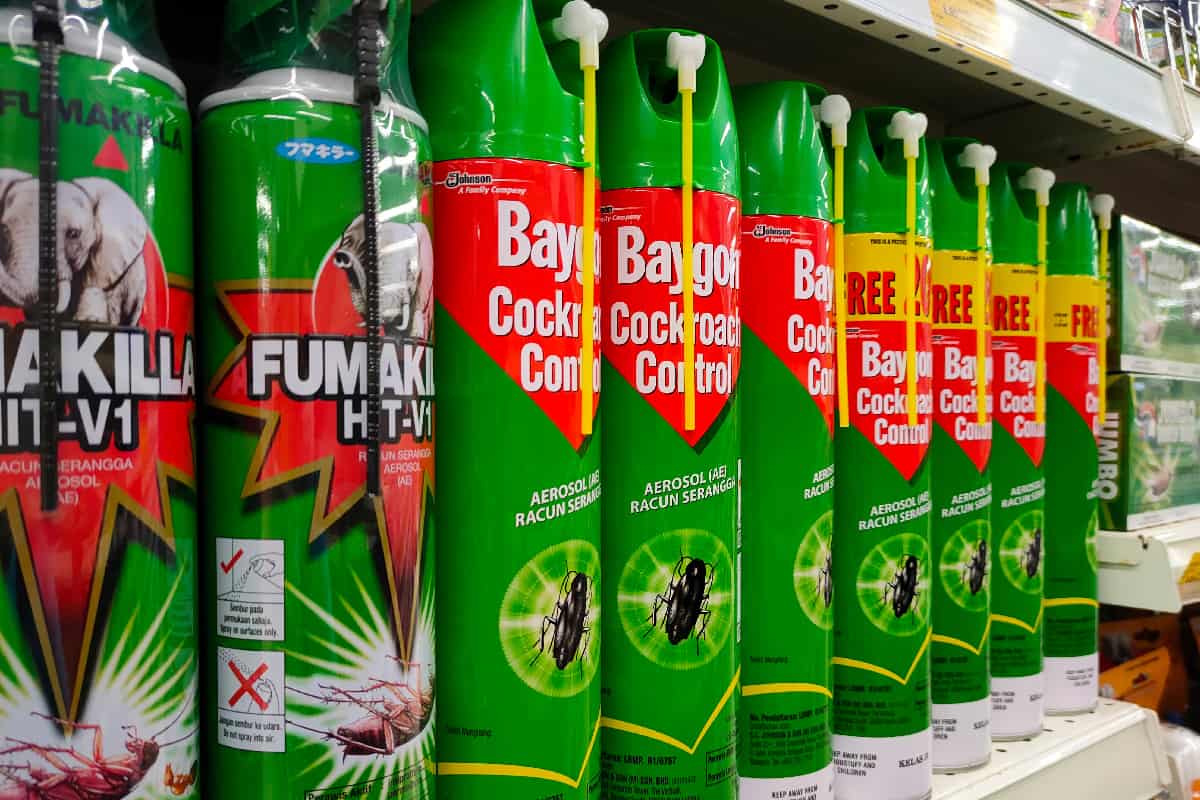
Unopened pesticides stored at moderate temperatures can remain effective for two to five years. We recommend labeling the packaging with the date of purchase.
You should avoid using old chemicals because they could harm your plants.
If you want to learn more about insecticides and other information about gardening, you may read these posts:
5 Best Systemic Insecticides For Leaf Miners
15 Best Palm Tree Insecticides That Can Save Your Trees
Does Rain Wash Away Pesticides?

